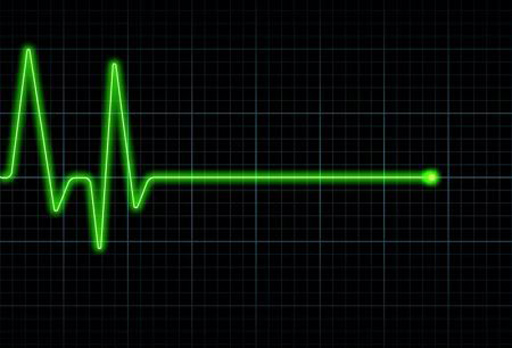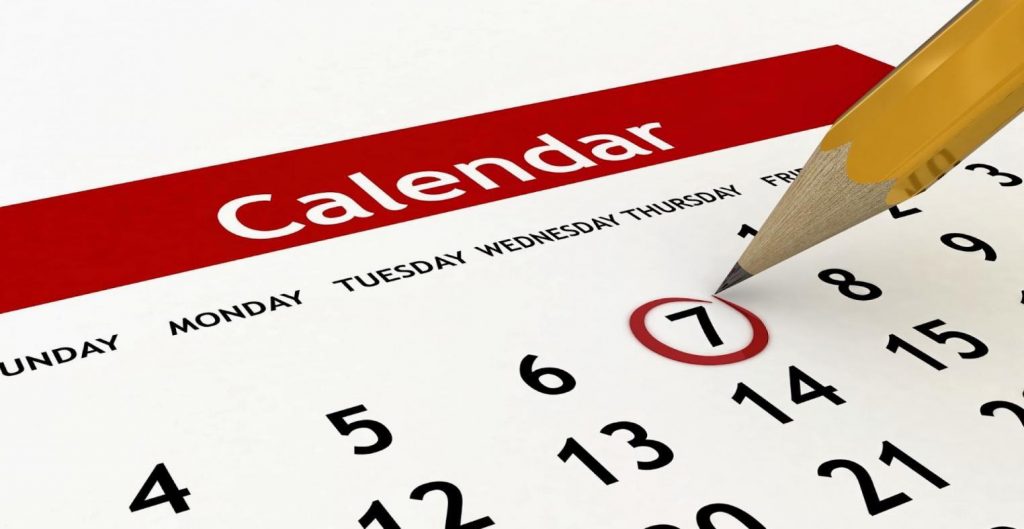
It’s not you, Workout, it’s me. I don’t like YOU…
Change is not always welcome, nor is it easy. If it were, then people wouldn’t toil in dead-end jobs, tolerate unhappy relationships or keep showing up to workouts that aren’t resulting in change.
Sometimes the obvious answer is the best one, but maybe there is something you haven’t considered. Maybe there’s a reason you should change your workout that isn’t on your radar.
Here are four good ones…
You Keep Injuring Yourself
While movement is the best medicine for muscle pain, injuries are a whole ‘nother tomato. Pathologies that are more than just adhesions or general soreness could be a result of doing the same thing too much.
In fact, you may be doing the same thing wrong if you’re getting injured. While breaking off from your workout necessarily reveal what you were doing, it may give you the chance to use your afflicted muscle in a different way until you can figure it out.
It may take going back to what was hurting you with a fresh perspective to catch whatever it was.
You Stop Getting Results
What better sign that you need to do something different, than getting the same results from the same action, all while hoping for something different.
If you continue on this path, you may want to get help. By some measures, this is definitive insanity.
Athletes of all walks change their routines, routinely, to continue the adaptation cycle. If you’ve been lifting heavy, then lift for endurance. If you’ve been doing intervals, switch to Olympic weightlifting. Take up yoga or pilates for three months.
Of course, the changes don’t have to be this dramatic.
It’s Been Six Weeks
The adaptation cycle of the body is four to six weeks. This means, that after a month or so your body is well adapted to whatever stresses you’ve been applying.
Your calorie burn will be less. Your muscle building will be weaker. Every goal you have will be diminished by your efforts, as the results will stagnate, possibly affecting your motivation.
A simple rule to adopt is to change your workout strategy every month. If every month you switch your program, it will be easier to keep track of when you started and when you should finish.
If you’re an experienced lifter, you can periodize your workouts on the fly, just by knowing what day of the month it is.
You’re Bored
Duh. Boredom could mean you’ve never changed your workout or you’re always changing your workout.
Working with a constantly variable plan can be just as unmotivating as working with one that hasn’t changed ever. You won’t see results because you’re not pushing your body to adapt in any way. You’re simply burning calories; staying active.
That certainly beats the alternative, but if you’re getting bored you may find excuses to quit. That’s no good.
Instead, go with the plan to change things up every month on the first. You’ll never get bored then.
Rather than scanning the internets for a new lifting routine, try to overhaul your whole workout strategy. Thinking strategy means thinking bigger than the tactics of finding the right exercises.
Consider changing your goal, then structure your workout around it. If you’ve been training to lose weight for six months without results, break away from that de-motivating goal.
Start training for a marathon, or for strength, or work on your jumping height. Pick something not related to your old goal in any way. If it was performance-based, get superficial. If it was about your body fat, then go performance.
What will surprise you is how changing your goal in this way will move you towards your old goal without even trying.





